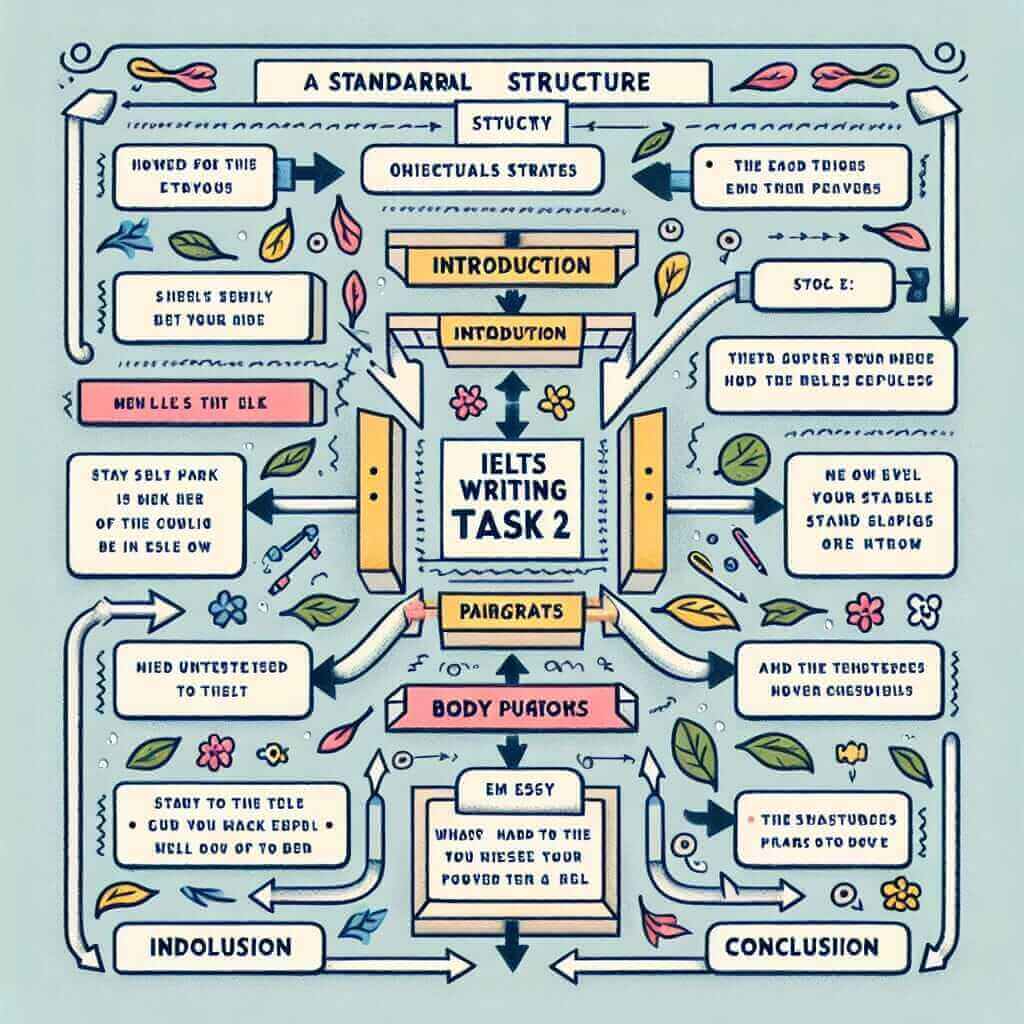The phrase “It is often argued that” is a useful tool for IELTS Writing Task 2 essays, particularly for introducing common opinions or debates. Mastering this phrase, along with its variations and understanding its application can significantly enhance your essay’s structure and demonstrate a strong command of academic English.
Let’s look at some examples of how this phrase can be integrated into your IELTS Writing:
Example 1: (Introducing a viewpoint on technology)
It is often argued that the rapid advancement of technology has had a detrimental effect on our social skills.
Example 2: (Discussing environmental issues)
It is widely believed that climate change is one of the most pressing issues facing our planet today.
Example 3: (Presenting a contrasting perspective on education)
While some believe that a university degree is essential for success, it is also argued that practical experience and skills are equally important.
In each of these examples, the phrase effectively introduces a viewpoint or argument, paving the way for you to present your own opinions and supporting evidence.
Understanding “It is often argued that”
This phrase serves as a discourse marker, signaling to the examiner that you are about to introduce a commonly held belief or point of contention. It adds a layer of formality and objectivity to your writing, which is crucial for achieving a high band score in IELTS.
Frequency in IELTS
While not overly common, this phrase, along with its variations, appears frequently enough in high-scoring IELTS essays to merit your attention. Familiarizing yourself with such constructions will not only broaden your grammatical repertoire but also equip you to address a wider range of essay prompts effectively.
Mastering the Structure
The beauty of this phrase lies in its simplicity and versatility. Here’s a breakdown of its structure:
It is + adverb of frequency (often, commonly, widely, etc.) + argued/believed/said + that + clause
This structure allows for flexibility, enabling you to:
- Introduce different perspectives: You can easily substitute “argued” with other verbs like “believed,” “said,” “claimed,” or “suggested” to reflect varying degrees of certainty or agreement.
- Modify the frequency: Using adverbs like “sometimes,” “occasionally,” or “rarely” allows you to present less common viewpoints.
Application in IELTS Writing
1. Introducing Arguments in Task 2
This phrase is particularly helpful in the introduction or body paragraphs of your Task 2 essay when presenting different sides of an argument.
Example:
Topic: Some people believe that the government should invest more in public transportation, while others think that it is a waste of money. Discuss both views and give your opinion.
Body Paragraph:
It is often argued that investing heavily in public transportation is a financial burden on governments. Critics point to the high costs of infrastructure development and maintenance, arguing that these funds could be better allocated to other areas like healthcare or education.
2. Demonstrating Awareness of Different Perspectives
Using this phrase effectively demonstrates your ability to acknowledge diverse viewpoints, which is a key assessment criterion for IELTS Writing.
Example:
It is widely believed that globalization has led to greater cultural understanding and tolerance. This view emphasizes the increased interconnectedness of the world, facilitating the exchange of ideas and traditions.

Achieving a Higher Band Score
To elevate your writing and target a band 7 or higher, consider these strategies:
- Paraphrasing: Instead of repeating “It is often argued that,” explore synonyms like “A common argument is that” or “Many people contend that.”
- Providing Evidence: Always support the presented argument with relevant examples, statistics, or expert opinions to strengthen your position.
- Presenting a Balanced View: Ensure you acknowledge both sides of the argument, even if your essay requires you to lean towards a particular stance.
Common Mistakes to Avoid
- Overuse: While useful, avoid using this phrase repeatedly, as it can make your writing sound repetitive.
- Lack of Supporting Evidence: Merely stating a common argument without any substantiation weakens your essay.
- Informal Language: Remember that “It is often argued that” is a formal phrase; avoid using it in conjunction with informal language or contractions.
Conclusion
Mastering the use of “It is often argued that” and its variations can be a valuable asset in your IELTS Writing journey. By understanding its structure, application, and nuances, you can present arguments effectively, demonstrate a strong command of academic language, and ultimately, achieve your desired band score. Remember to practice implementing this phrase in your essay writing to solidify your understanding and refine your writing skills.